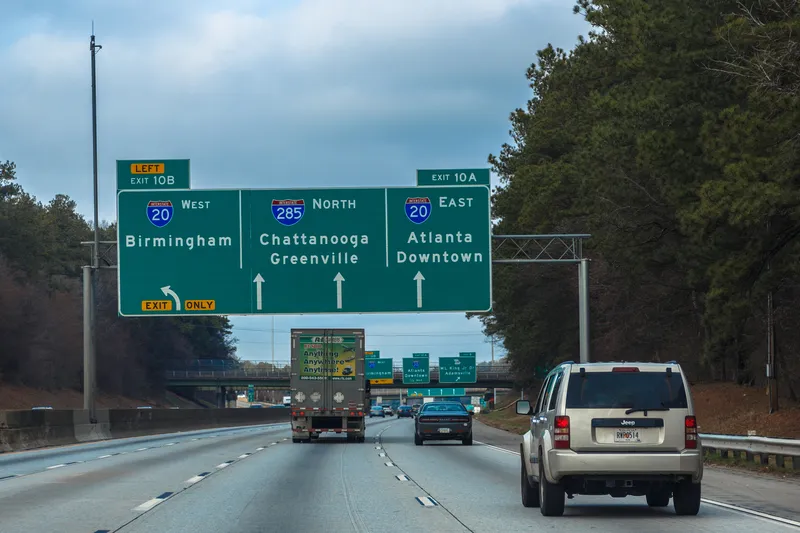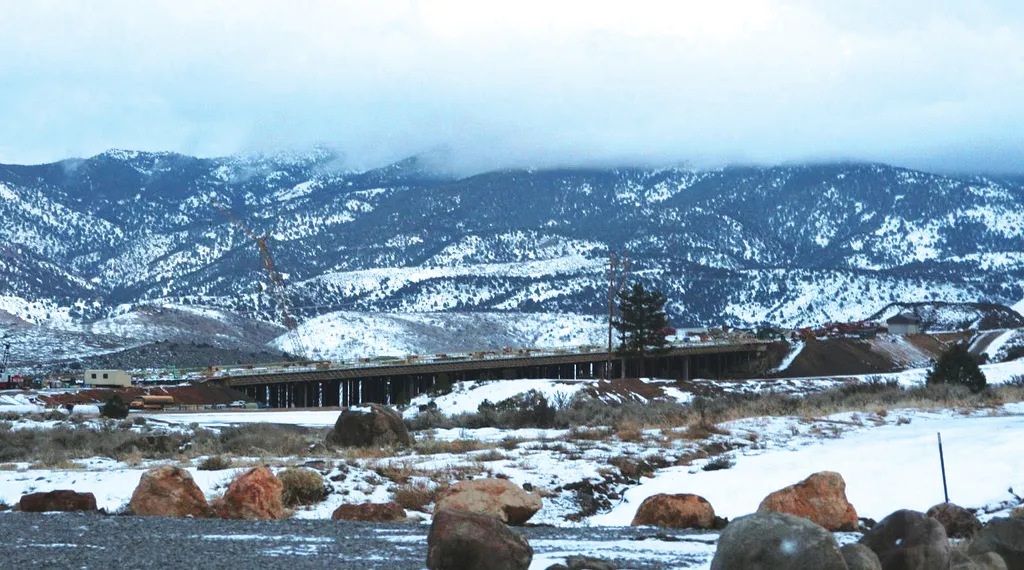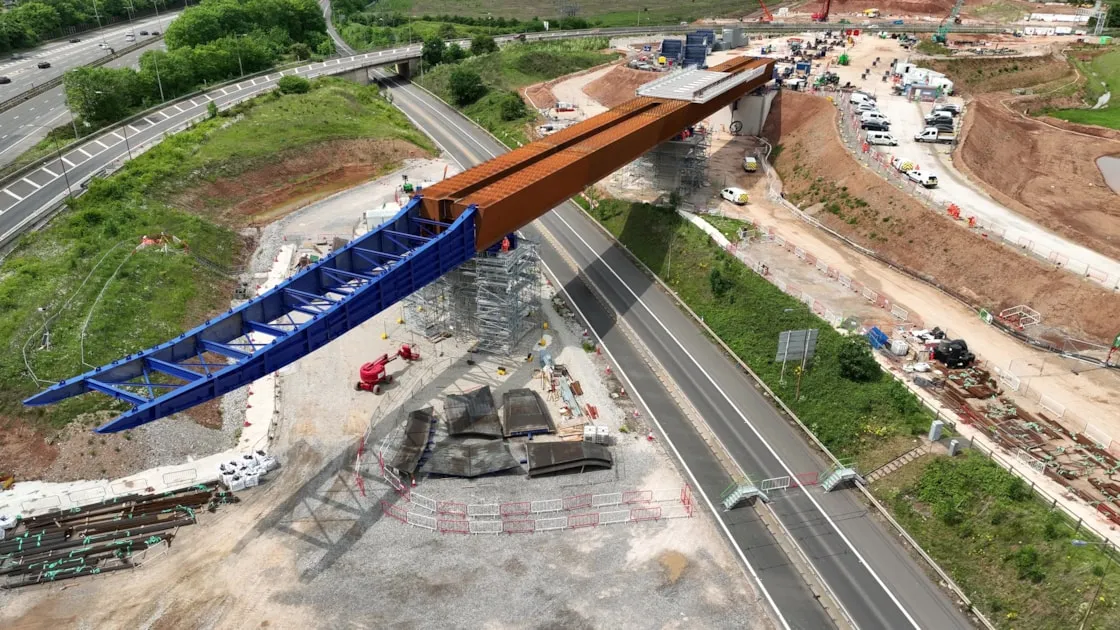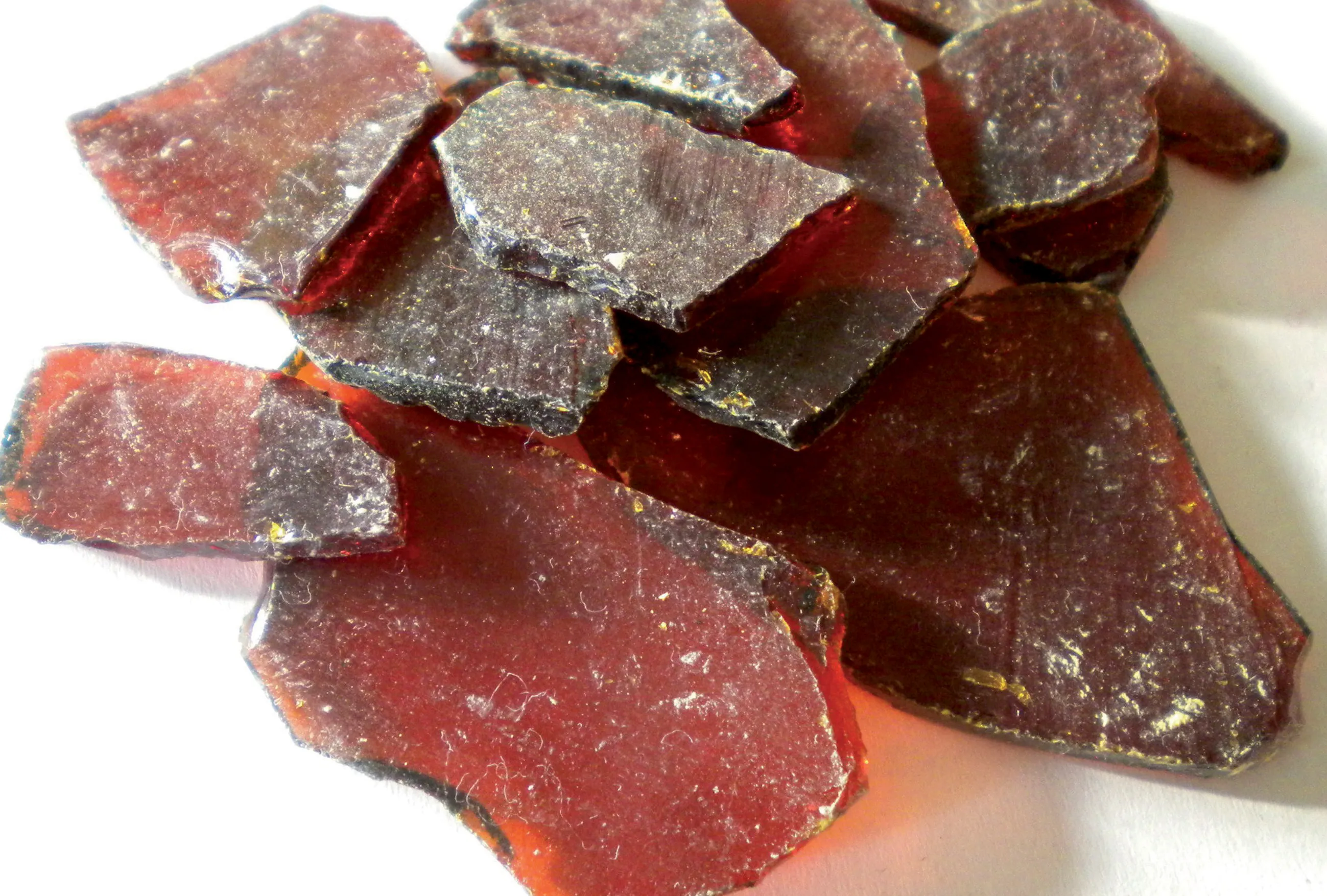
UK highway safety specialists WJ Group will expand into North America with an office in Atlanta in the US state of Georgia.
The US company will be called WJ Surface Treatments and, according to the company, “will service the growing demand for high quality yet environmentally friendly road improvement and maintenance options”. The business will be working initially with the departments of transportation across nine southeastern states, including Kentucky, Virginia and Florida as well as with general contractors.
“The move will see an expansion of innovative, high-quality services, such as Captive Abrasive Friction Enhancement and High Friction Surface Treatments within the US,” said WJ in a press statement.
Captive Abrasive Friction Enhancement improves both the macro and micro texture of the surface by firing a large volume of small steel shot at the road. This increases skid resistance levels and extend the surface life of the highway asset. The process, also known as shot blasting, abrades and reprofiles the aggregate. Following this, any excess bitumen plus other detritus is collected by the vehicle.
High Friction Surface Treatments, meanwhile, increases skid resistance through the application of a new surface layer that contains superior aggregates. It is used primarily in safety-critical locations where braking distances and vehicle control are of increased importance to reduce skidding and related accidents. This can include sharp curves, freeway slip roads and pedestrian walking approaches or areas where stopping distances could be compromised due to severe weather conditions, high speeds or road surface wear over long-term use.
Alongside highway maintenance and improvement solutions, WJ Surface Treatments will offer bridge deck waterproofing solutions. Using rapid-setting epoxy resin system, the structure is protected against freeze-thaw damage and any potential substances from entering cracks to maintain the integrity of the bridge.
Glenn Thompson, the president and general manager at WJ Surface Treatments, has over 20 years of experience in the transport and highway safety sector. “With more states conducting friction testing on their roads, many general contractors and transport bodies will be looking for effective yet cost efficient and sustainable solutions – something that we can provide,” he said.
Wayne Johnston, chief executive of WJ Group, said the company has been working towards a move into the US market “for several years” and the US workforce has been trained by the UK team. “With our new vehicles and materials being sourced from American businesses, we aim to offer the highest quality service to maintain and improve US roads for all users.”








